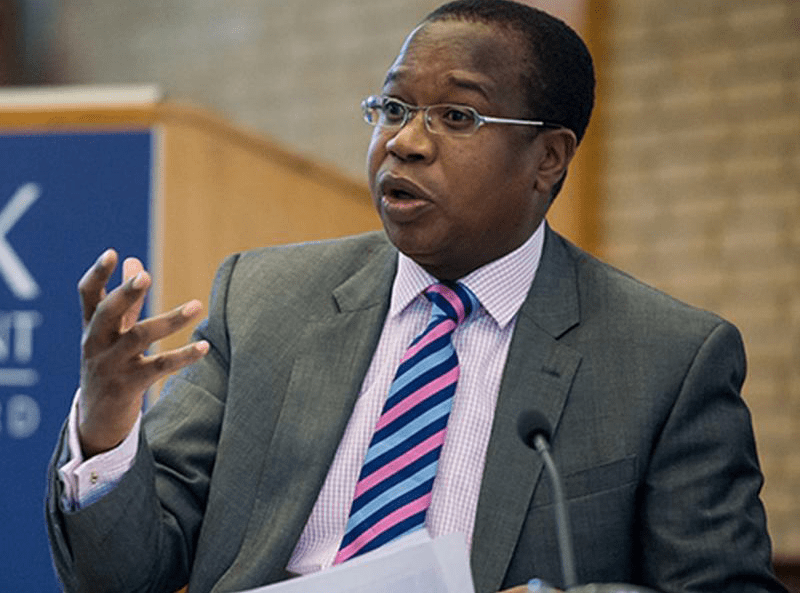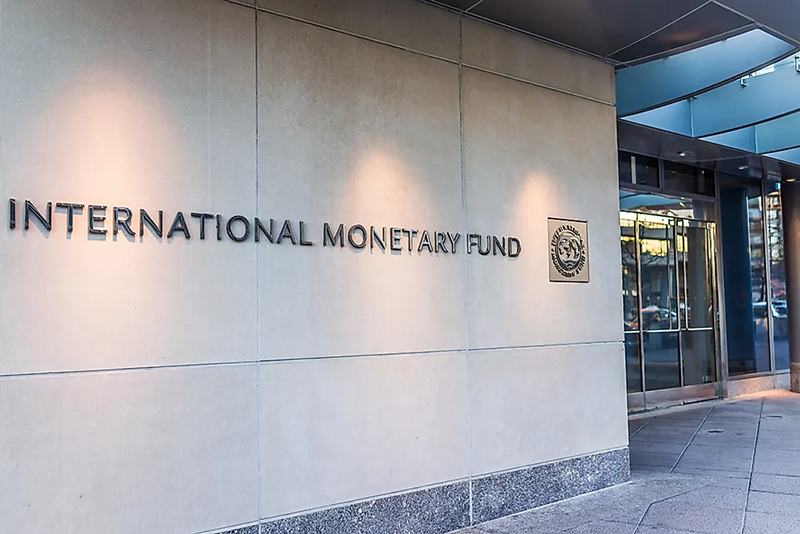- Economy
- No Comment
IMF says Zim inflation, forex rate volatility abates, but rules out financial support

By Business Reporter
THE International Monetary Fund (IMF) has urged the Zimbabwe to “comprehensively” deal with its central bank’s quasi-fiscal operations (QFOs) while noting progress on foreign exchange market stabilisation and lowering inflation.
An IMF team lead by Wojciech Maliszewski was in Harare for a week up to October 25 for discussions with fiscal and monetary authorities on the country’s economic developments and outlook.
In a statement after the visit, the team noted that Zimbabwe was continuing with its post-COVID recovery with GDP for the year projected at 4.8 percent supported by mining and agriculture but dipping to 3.5 percent in 2024.
Weaker global demand for minerals and a weather-related slowdown in agriculture would slow growth in 2024 necessitating greater “progress toward macroeconomic stabilization and transformational structural reforms”.
Inflation pressures and exchange rate volatility had eased, the team added, after significant price increases and exchange rate depreciation in the second quarter of this year.
“The IMF mission notes the authorities’ recent efforts into stabilizing the foreign exchange market and lowering inflation through the tightening of ZWL liquidity conditions,” reads the statement.
“The mission welcomes the removal of surrender requirements on domestic sales in FX. The announced plan for the transfer of RBZ FX liabilities to the Treasury is also welcome.
“Nevertheless, the parallel FX market premium is large at above 30 percent, and ZWL inflation remains high. The fiscal deficit, excluding QFOs, is projected at 2.3 percent of GDP in 2023.”
The team called on the Harare government to roll back the central bank’s quasi-fiscal operations (QFOs) and speed up forex market reform.
“ … there is an urgent need to accelerate the FX market reform, by allowing more flexibility in the official exchange rate through a more transparent and market-driven price discovery; removing the restrictions on the exchange rate at which banks, authorized dealers, and businesses can transact; and further minimizing export surrender requirements,” the team said.
No financial support

The IMF said it would continue to provide Harare with “policy advice and extensive technical assistance”, but ruled out financial assistance citing the country’s “unsustainable debt (and) official external arrears”.
“A Fund financial arrangement would require a clear path to comprehensive restructuring of Zimbabwe’s external debt, including the clearance of arrears; and a reform plan that is consistent with durably restoring macroeconomic stability, enhancing inclusive growth, lowering poverty, and strengthening economic governance,” the team explained.
“International reengagement remains critical for debt resolution and access to financial support. In this regard, the authorities’ reengagement efforts—through the Structured Dialogue Platform—are well noted and are vital for attaining debt sustainability and gaining access to external financing.”
The statement added; “The IMF mission held meetings with Minister of Finance, Economic Development and Investment Promotion Hon. Professor Mthuli Ncube, his Permanent Secretary Mr. George Guvamatanga, the Reserve Bank of Zimbabwe Governor Dr. John Mangudya, the Deputy Chief Secretary to the President and Cabinet Mr. Willard Manungo, other senior government and RBZ officials, representatives of the private sector, civil society, and Zimbabwe’s development partners.”
